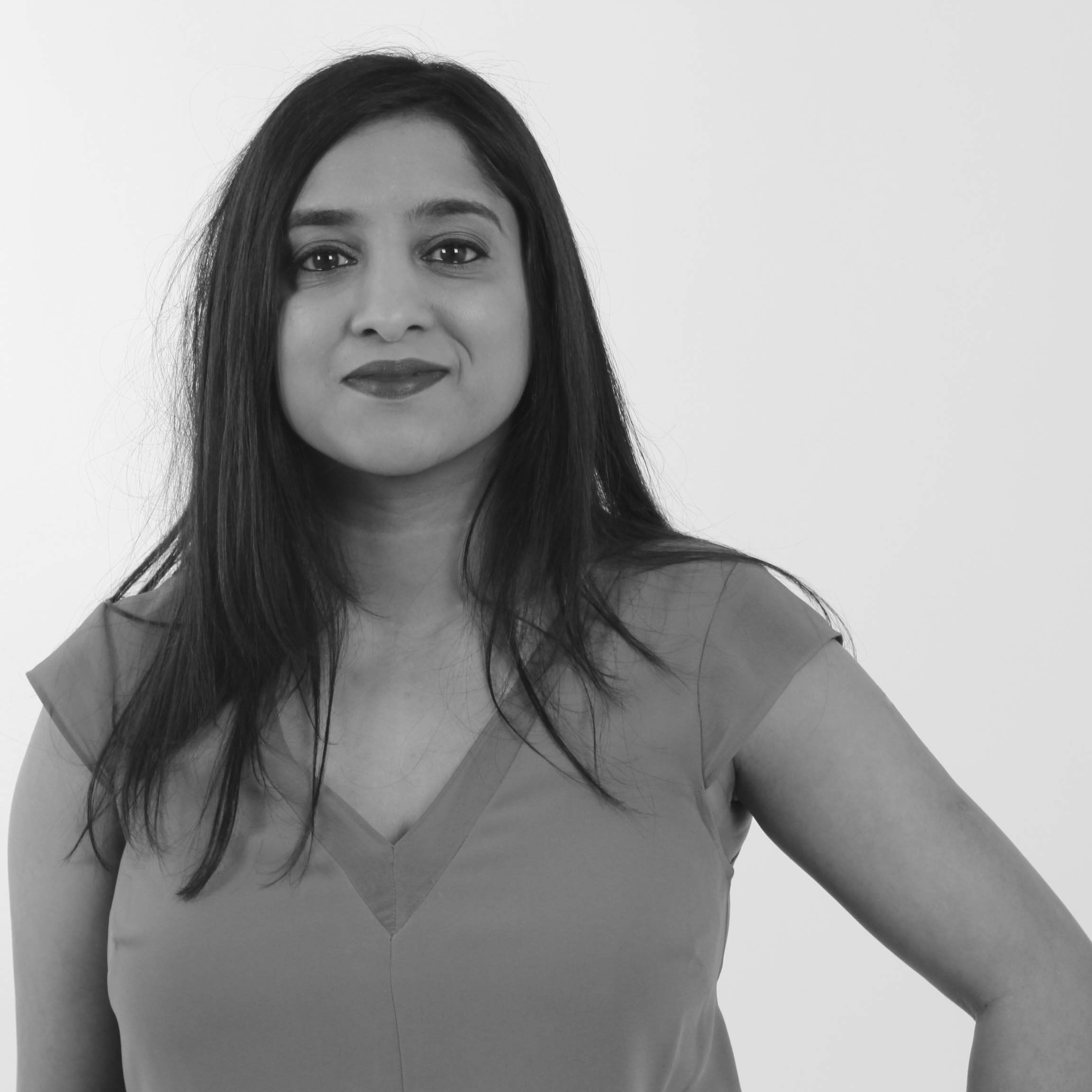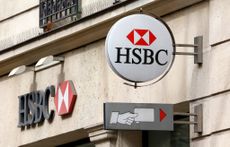September’s Premium Bond millionaire winners revealed. How to check if you are a prize winner
Millions of lucky Brits with Premium Bonds will get good news as the winners of the September prize draw are announced. Here’s how to check if you are winner


NS&I [National Savings & Investments] has revealed this month's jackpot winners, with two lucky people hitting the jackpot this month.
Alongside the jackpot, millions of Premium Bond holders will find out this month if they won something, with prizes starting from £25.
The two winners of the top prize in September’s draw come from Sefton and West Sussex.
The winner from Sefton holds £50,000 in Premium Bonds, and bought winning bond 409PT785413 in August 2020.
The other jackpot winner, from West Sussex, has £50,000 in bonds and bought the winning bond 324MB318235 in February 2018.
Jill Waters, NS&I retail director, said: “There were more than 119 billion bonds eligible for this month's prize draw, with Premium Bonds getting more popular amongst the nation's savers with each passing month.
“Each bond eligible in this month's draw had a chance to win not just the £1million jackpot, but also one of the other more than 4.8 million prizes worth between £25 and £100,000."
Look After My Bills Newsletter
Get the best money-saving tips, tricks and deals sent straight to your inbox every week. Make sense of your money in partnership with The Money Edit.
The prizes are picked by NS&I’s robot called Ernie. This month, some of the winners Ernie picked include two million pound winners, 10 £100, 000 winners, 20 £50,000 winners, 39 £25,000 winners, 98 £10,000 winners, and 4,774,798 £25 winners. Prizes between £25 and £1,000,000 were distributed to 4,862,556 Premium Bond holders.
HOW TO CHECK IF YOU’VE WON PREMIUM BONDS
If you have ever held Premium Bonds, you can check to see if you have won anything in this draw (from 2 September) or previous ones. There are several ways to find out if you’ve won Premium Bonds.
You can check by using NS&I’s online prize checker or the prize checker app. The prize checker app lets you know how many days until the next draw too.
You can also ask Amazon Alexa via your NS&I number.
If you have registered with NS&I online you will be informed via email if you’ve won a prize - so make sure the email provided to NS&I is accurate.
Alternatively, if you don’t have the app and haven’t registered online, a letter will be sent to your home address again, just make sure your address record is up-to-date.
You can also check if you have any previous windfalls to collect. You are notified if you win a prize, but if you move or change contact details without letting NS&I know, you could be missing out if you opted to receive your prize via cheque.
Currently, in Sefton, for example, there are 10,928 unclaimed prizes worth £359,625. The largest unclaimed prize is £1,000 and is from the September 1994 prize draw. The oldest unclaimed prize in Sefton is from March 1965 with a value of £25.
In West Sussex, over 39,000 prizes go unclaimed with a total value of £1,278,900. The largest unclaimed one is £5,000 from the March 2007 draw. The oldest one is from 1962, worth £25.
HOW DO PREMIUM BONDS COMPARE TO SAVINGS ACCOUNTS?
In June, the Premium Bond prize rate rose from 1% to 1.4%. This doesn’t mean you will earn 1.4% interest on your savings, but means there will be around 1.4m extra cash prizes on offer to Premium Bond holders
As a result, the odds of each £1 Premium Bond winning a prize increased from 34,500 to 1 to 24,500 to 1. The number of £100,000 prizes went up from six to 10, while there are now 19 prizes worth £50,000 rather than the previous 11 - and there are over a million more £25 prizes to be won each month since June.
The 1.4% acts as an indicator of the average pay out for someone with average luck.
Those with better-than-average luck will make more, and those with less luck can sadly go decades without a win - this is especially true if you only hold a small number of bonds.
If you want a guaranteed return on savings of £1,000, the best easy-access savings account on the market is currently with Shawbrook Bank, earning 1.86%. This is a guaranteed return, unlike with Premium Bonds.
See our article on the Best Saving Accounts to find the latest interest rates on savings accounts.
For most of us with average luck, a savings account will give a better return than Premium Bonds. We explain more in our article on if Premium Bonds are worth it.

Kalpana is the Digital Editor of sister site MoneyWeek.
She’s an award-winning journalist and author of Invest Now: The Simple Guide to Boosting Your Finances and a children's book Get to Know Money - with extensive experience in financial journalism. Her work includes writing for a number of media outlets, including national papers and well-known women’s lifestyle and luxury titles, where she was finance editor for Cosmopolitan, Good Housekeeping, Red and Prima.
She started her career at the Financial Times group, covering pensions and investments.
As a money expert, Kalpana is a regular guest on TV and radio; appearances include BBC One’s Morning Live, ITV’s Eat Well, Save Well, Sky News and Channel 5's 30 money saving tips series.
She was also the resident money expert for the BBC Money 101 podcast.
A well-known money and consumer journalist, Kalpana also often speaks at events.
She is passionate about helping people be better with their money, save more and be smarter spenders.
Follow her on Twitter and Instagram @KalpanaFitz.
-
 Three energy firms pay £8m in switching compensation - has your provider paid out?
Three energy firms pay £8m in switching compensation - has your provider paid out?More than 100,000 customers have received compensation after changing providers, but is now a good time to switch energy suppliers?
By Tom Higgins Published
-
 Save £300 on your supermarket shop with cashback accounts
Save £300 on your supermarket shop with cashback accountsBanks, credit card companies and cashback sites are all offering cashback on your supermarket shop, but can you use them all to max out your savings?
By Vaishali Varu Published
-
 Save £300 on your supermarket shop with cashback accounts
Save £300 on your supermarket shop with cashback accountsBanks, credit card companies and cashback sites are all offering cashback on your supermarket shop, but can you use them all to max out your savings?
By Vaishali Varu Published
-
 More than 150,000 grandparents missing out on £1,500 state pension uplift: how to claim
More than 150,000 grandparents missing out on £1,500 state pension uplift: how to claimGrandparents who provide childcare by looking after their grandchildren could be missing out on valuable state pension money worth thousands. We look at how much extra you could get and if you’re eligible
By Stephanie Baxter Published
-
 Can you reclaim bank charges?
Can you reclaim bank charges?If you’ve incurred bank charges over the years, these can add up to hundreds of pounds – but can you get your money back? We look at whether you can make a claim and how to do it
By Stephanie Baxter Published
-
 HSBC extends deadline for customers to secure bigger interest-free overdraft
HSBC extends deadline for customers to secure bigger interest-free overdraftHSBC customers now have until 10 May to increase their interest-free overdraft limit from £25 to £500. First Direct, Lloyds and Nationwide also offer similar support. We explain everything you need to know
By Katie Binns Last updated
-
 New banking hub locations revealed - is there one near you?
New banking hub locations revealed - is there one near you?The rise of banking hubs is in response to a stream of local branch closes. With more planned to launch soon, we look at what services they offer and where you can find one
By Stephanie Baxter Published
-
 April 2023 premium bond winners revealed - are you a millionaire?
April 2023 premium bond winners revealed - are you a millionaire?Two premium bond holders have won £1 million each this month and there are many other prizes for another 5,018,742 winners in April. We look at how to find out if you’ve won
By Stephanie Baxter Published
-
 State pension underpayment warning - have you been underpaid and eligible for more than £11,500?
State pension underpayment warning - have you been underpaid and eligible for more than £11,500?Thousands of retirees, mainly women, are still owed money by the government after being underpaid their state pension. We explain what you need to know
By Katie Binns Last updated
-
 State pension age rise to 68 delayed - what it means for your retirement
State pension age rise to 68 delayed - what it means for your retirementThe state pension age will stay at current levels for longer than expected after the government today confirmed that it has shelved plans to increase it to 68 by the late 2030s. We explain what it all means for you
By Stephanie Baxter Last updated